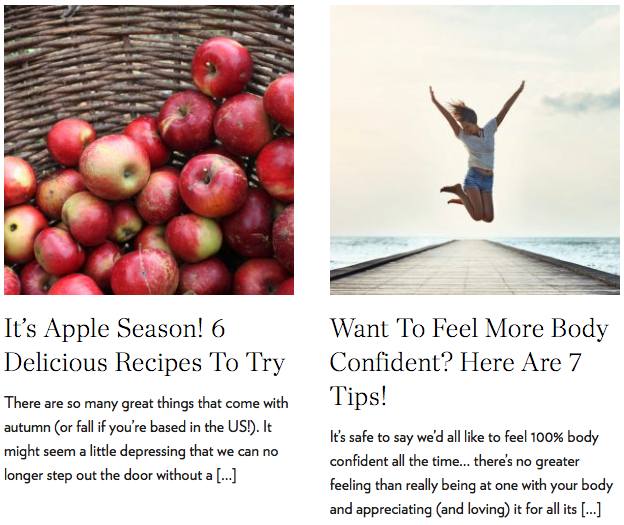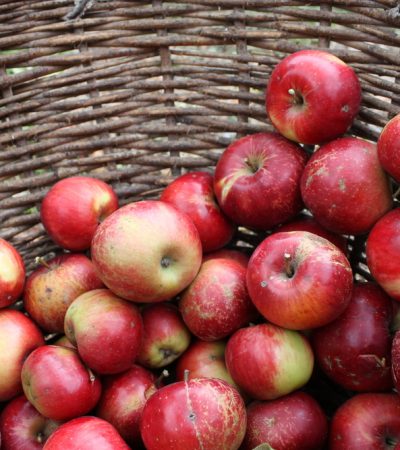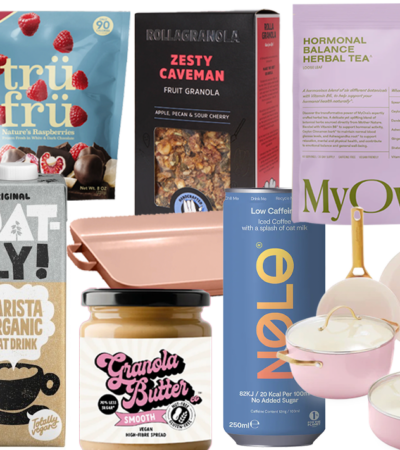A vegetarian diet is a healthy choice and can even lower the risk of heart disease and cancer. However, eating a balanced vegetarian diet requires adding foods that will provide you with the nutrients found in animal products, most importantly protein, iron, and Omega-3 fatty acids.
Frida Harju-Westman, in-house nutritionist at health app Lifesum (www.lifesum.com), provides 10 tips on how to be a healthy vegetarian and ensure you’re receiving all the nutrients you need.
Protein sources
Protein is essential to any diet and if you are planning to go vegetarian, then you will have to find alternatives to add to your meals. Protein is responsible for promoting cell growth and repair, and you should ideally get some protein with every meal. Some great alternatives for protein include quinoa, beans, pulses, and lentils.
Omega-3
Omega-3 fatty acids are essential for heart health, but the majority of these can be found in oily fish and eggs. For a vegetarian, you should try and consume foods like almonds, walnuts and flaxseeds to get the necessary amounts of omega-3.
Get your vitamins and minerals right
Iron and zinc are important diet staples, as the first is key to red blood cells and the second is responsible for cell division. Sometimes, the problem with plant-based diets is that the body does not absorb these staples as easily as it would if they came from animal produce. Therefore, the recommended daily intake of iron for vegetarians is almost double to that of a meat-eater. To help your body absorb the metals, consume plenty of vitamin C, which speeds up your body’s absorption.
Whether you are just starting a vegetarian diet or have been following it for a little while, you probably require vitamin supplements, in particular B12, which is typically found in animal foods. A B12 deficiency can lead to side effects such as tiredness, weakness, and even depression. Make sure to eat foods that are fortified with B12, or consult a doctor before taking any supplements.
Track your needs
If you feel unsure about if your diet is daily providing you with all the nutrients and supplements you need, then downloading health apps, such as Lifesum (www.lifesum.com) or Wholesome (www.wholesomeapp.com), is worth doing.
Since over 10% of Lifesum’s users in the UK are vegetarian, compared to only 4% in Norway, the app has introduced a new vegetarian feature allowing users to select their food preference when using the app. What this means is that Lifesum can provide users with recipes to suit their lifestyle and make sure that they don’t miss any essential nutrients and lead a healthy lifestyle. If you just want to eat less meat, you can use the meat-free challenge feature where you can track how long you can go without eating meat – every time you do, just pause the challenge, and try to beat your record the next time around.
Wholesome suggests whole foods to fill nutrition gaps so you know the healthiest foods to eat next. While you cannot tell the app that you’re vegetarian, you can browse healthy and low carb recipes, are scored out of 10 points on nutrition density.
Follow health coaches
Sometimes you need a bit of motivation to keep you going, especially if you’re new to vegetarianism. Follow health coaches, nutritionists, and vegetarian chefs and get your daily dose of advice and inspiration. Some favourites include PT and blogger Faya Nilsson, from Fitness on Toast, vegan blogger Meghan Langhorn, from Naturally Meghan, and nutritionist Steph Lowe, from The Natural Nutritionist.
Replace wisely
It can be tempting to just replace meat products with processed foods such as pasta and bread, or alternatively soy meat. However, these ‘substitutes’ are often less healthy than high-quality meat, and the dangers and benefits of soy have been debated by scientists for a number of years. Make sure that you check nutrition labels and buy products low on sodium and preservatives.
Watch the sugar
Making the switch to a vegetarian diet can make it easy to overindulge on desserts and sweet treats. However, sugar actually possesses plenty of empty calories and no nutritional value. If you are craving something sweet, try adding maple-syrup or honey for extra sweetness or eating fruit for dessert.
Variety
When you find the foods that you can eat enjoy, it can be easy to fall into a routine where you just eat the same foods all the time. However, remember that the same foods might not meet your nutritional requirements, causing you to become deficient in certain minerals and vitamins over time. Make sure that your diet is as varied as possible and that you get enough protein, B12, iron, calcium, and vitamin D as a basis and work around this.
Don’t rush
If you are new to vegetarianism, make sure that you don’t rush your transition from your existing diet to your new one. Not only can it be difficult to get your head around all the things that you can, and can’t, eat but your body will also need to adjust. Start by adding more plant-based foods into your diet, while also reducing the number of animal products you eat.
Manage expectations
While a vegetarian diet can have several health benefits, it won’t guarantee that you will never fall ill or never experience health problems. The advantages of a vegetarian diet are environmental, reducing animal cruelty and your carbon footprint, with health benefits being a pleasant bonus.
About Lifesum
Lifesum (www.lifesum.com) is a Stockholm-based health app with over 20 million users. Using tech and psychology, it creates a tailored plan to help you live a happier, more balanced life. Whether your goal is to lose weight, build muscle, or just be healthier, Lifesum shows you how changing your small, everyday habits can transform your life. It is available on iOS and Android.
More articles you might love…















